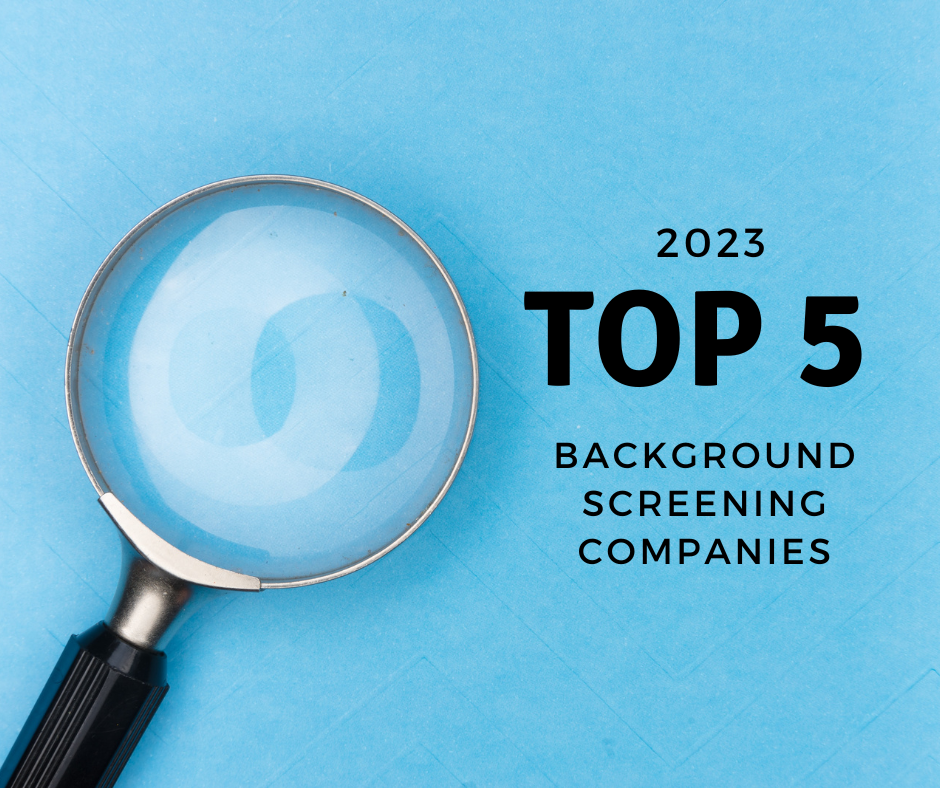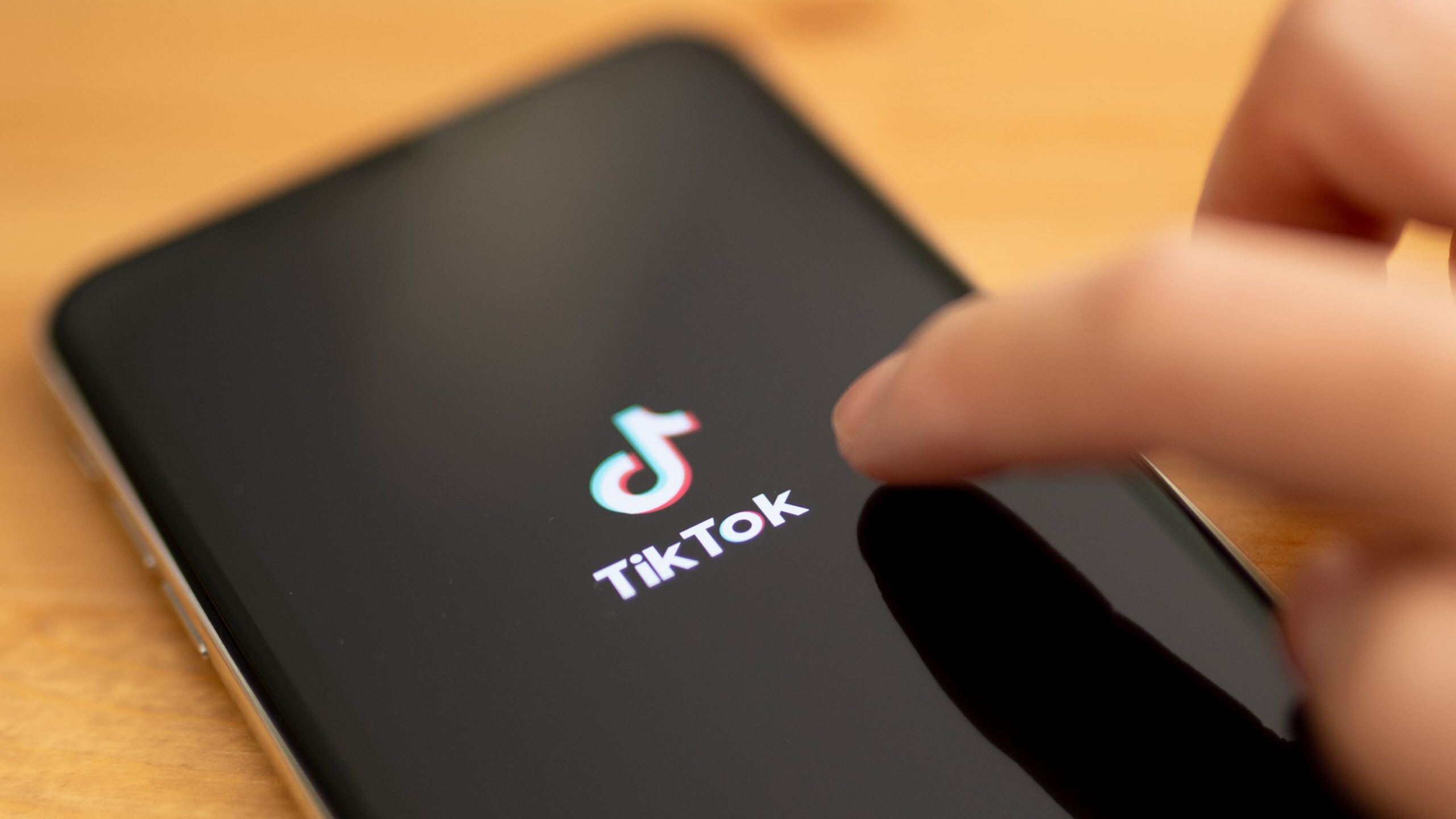The debate of skills-based hiring vs. degree-based hiring has been going on for years. It's even more relevant now that more millennials are entering the workforce and changing how companies hire employees. So what's better? Should you hire based on someone's degree or their skills? The answer is different for every company, but there are a lot of factors to consider when choosing one over the other. In this article, we'll examine both sides of the debate and help you decide which is best for your business needs!
The Debate Over Skills-Based Hiring Vs. Degree-Based Hiring
As you may know, many companies are switching to a skills-based hiring process. There are many reasons why they're doing so, including the fact that it saves money and encourages equal opportunities.
However, there is still a lot of debate over whether or not this is the right approach for your company.
Some experts say that skills-based hiring allows companies to hire people who are more qualified than those with degrees and at a cheaper rate. Others argue that while it might save some money up front, there's still no substitute for the value a degree brings. Others say that having a degree doesn't necessarily mean you'll become successful later on anyway - what matters most is how well someone does their job...So which one do YOU think is better?
Advantages Of Skills-Based Hiring
-
Skills-based hiring is more flexible than degree-based hiring and you can select from a larger pool of applicants.
-
Skills-based hiring is more accurate than degree-based hiring, which means you can find out if the candidate has the skills they say they do within a day or two of applying, instead of waiting weeks to hear back from an admissions committee.
-
It also allows you to be more fair in your assessment of candidates because there's no bias towards those with higher degrees or more formal academic training; if he/she has mastered a skill through a different path (e.g., self teaching), that's good enough for you! In addition, the process will be less dependent on subjective things like personality and social skills because these don't necessarily relate directly to performance on the job anyway (though both are important).
Disadvantages Of Skills-Based Hiring
Skills-based hiring is not without its drawbacks, however. It can take longer to fill a position if you’re screening candidates based on skills rather than degrees or other qualifications. This can be especially true in industries where there are fewer applicants who possess the necessary skills.
In addition, many people find that having a degree tends to indicate a certain level of professionalism compared with those who do not possess one. Because degrees tend to be associated with higher levels of education and often include some sort of coursework focused on ethics and professional development, companies using degree-based screening are able to better ensure that applicants meet their desired standards both personally and professionally.
What If Your Business Needs A Degree?
If you're looking for a candidate with a specific degree and your business requires certain accreditation, then degree-based hiring is going to be the best way to go. But make sure you don't require more education than what is necessary for the job. Otherwise, you'll wind up passing up qualified candidates who lack the minimum requirements.
Pros:
-
A degree gives people credibility as they apply for a position. This can be reassuring if they've worked in another industry and are now making a career change into yours (which happens more often than you might think). It also shows that they've been able to meet deadlines on time and prioritize their work over many other things in their life—both skills that will translate well into your company culture.
-
You'll know right away if someone has passed through an established program and had their work assessed by professors at universities.
Cons:
-
If someone doesn't have an appropriate level of education required by your business, then it's worth considering whether or not there are other ways they could demonstrate their knowledge—for example, through a portfolio, certifications, references, etc.
Conclusion
I hope this article has helped you think about your hiring strategy, and whether it’s time to make the switch from a degree-based hiring model to one based on skills. It’s important to remember that both approaches have their uses—and that neither is perfect! You may find yourself using both methods at different times as your company grows. The key is always to keep recruiting top talent, no matter what method works best for you at any given moment in time.



